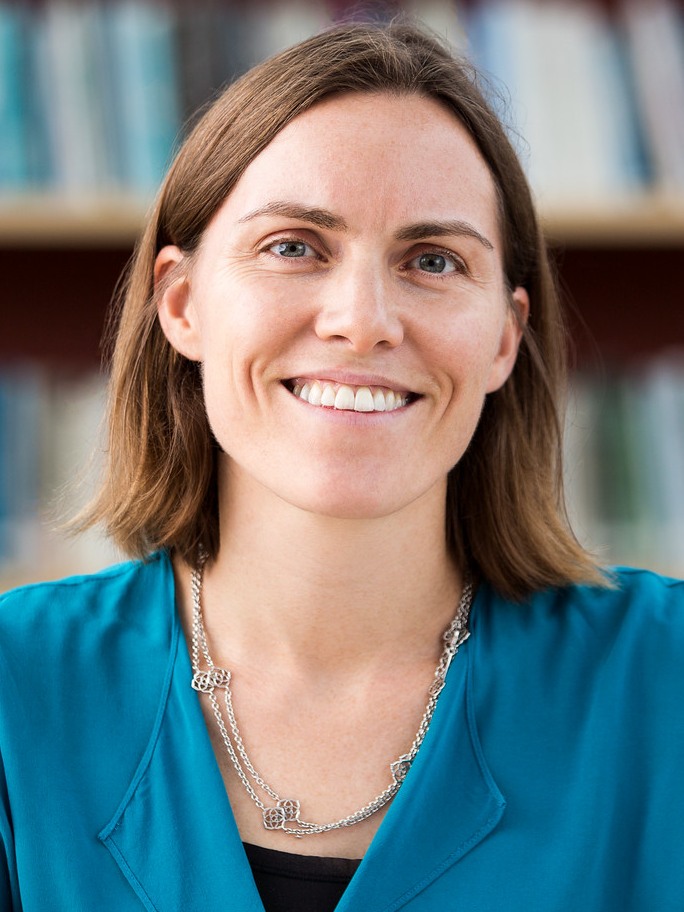PROVIDENCE, R.I. [Brown University] — Before 2020, Emily Oster was best known for her two bestselling books, “Expecting Better” and “Cribsheet.” Millions of new and expectant parents across the globe used her data-driven advice to make decisions about everything from drinking alcohol in the first trimester of pregnancy to breastfeeding in the first months of a baby’s life.
Then came the COVID-19 pandemic, when Oster’s knack for synthesizing data into plain-spoken advice thrust her into an even brighter spotlight. As Americans attempted to wade through confusing, sometimes contradictory advice on whether to travel or visit loved ones, she teamed up with medical experts to create the website COVID Explained, using data on infections and spread to help people stay healthy, safe and informed. Then, observing a notable absence of formal federal data on school reopenings, Oster established herself as an unofficial guiding voice with her own School Response Dashboard.
The pandemic, and Oster’s role in it, have added valence to her newest book, “The Family Firm.” Published in August 2021 and already a New York Times bestseller, the book uses data to help guide better decision-making for parents of children ages 5 to 12.
While “The Family Firm” might sound like a sequel to her previous books, it’s more of a spinoff, Oster said in a recent podcast interview with Brown’s Watson Institute for International and Public Affairs.
“When you start to get into older kids, we don’t all have the same questions,” she said. “We don’t all have the same questions at the beginning, either, but there are so many more shared experiences. As your kids age into themselves, the choices you’re making, the questions you’re asking, the things you’re worrying about, are really different across parents. [So] rather than being a linear run-through of some period of a child’s life, this book is more about: Here’s how to think about the big picture, here’s how to think about decision-making, and by the way, here’s some data you might plug into your decisions.”
The interview, part of the Watson Institute’s podcast series Trending Globally, was released Thursday, Aug. 12, and is available on Captivate, iTunes, Spotify and other podcasting platforms.
In the interview, Oster explained that “The Family Firm” is ultimately a toolkit designed to help families confront complex decisions. Every time parents and children face a potentially life-altering choice — for example, whether to send their child to a neighborhood public school or a charter school — Oster guides them through the process with her “four Fs.” First, frame the question: establish two concrete choices. Second, fact find: gather evidence, including logistical information about each school, test score data and studies about the respective impacts of public and charter schools on students’ futures. Third, final decision: rather than debating endlessly, set a time and date to hash out the pros and cons and make a choice. Fourth, follow up: schedule time to check in with the family regularly to discuss whether the decision is working for everyone.
